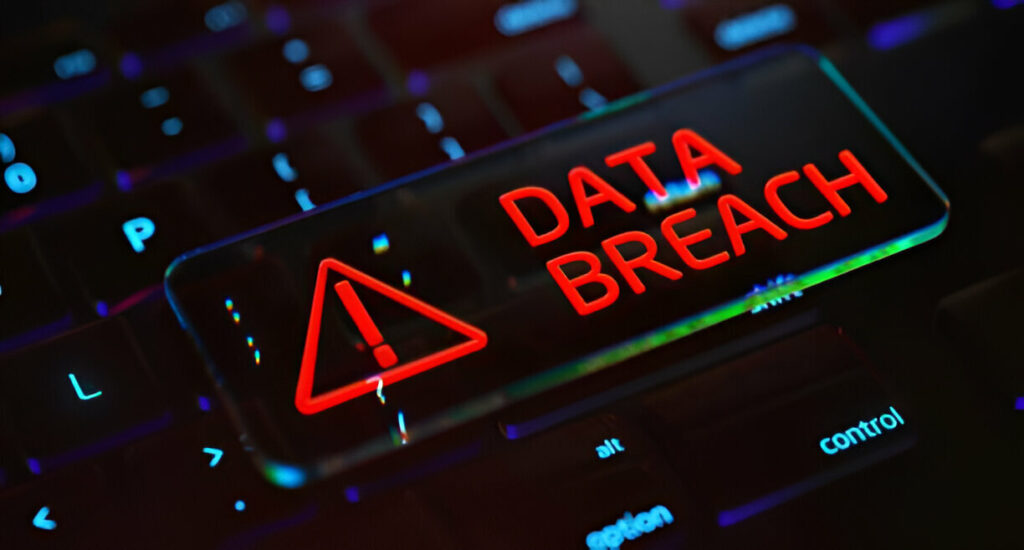Enterprises regardless of their scale must prioritize data breach prevention security measures. Cyberattackers steal valuable business information which leads to monetary loss together with negative repercussions for reputation. Strategic security implementations decrease the probability of data security vulnerabilities. Here we analyze twelve proven measures to protect your company against cyber threats by stopping data breaches.
1. Implement Strong Password Policies
Systems remain exposed to hackers when passwords demonstrate weak security. Create strong passwords combining numbers symbols together with alphabetical characters. You should turn on multi-factor authentication (MFA) as it provides two security layers. You should maintain fresh passwords yearly and defend password usage between all your platforms. The use of password managers enables users to store and automatically create powerful secured passwords.
2. Keep Software and Systems Updated
Technology tools become weak targets for online attack when they stay outdated. Operating system updates combined with regular application updates and firmware updates secure security holes in your system. Programmed update functions continuously protect your data. The exploitation of old software systems by cyber criminals motivates routine software updates because outdated systems present security risks. Software source verification during update distribution enables you to detect and exclude malware-containing software.
3. Use Firewalls and Antivirus Software
Through the combination of firewalls and antivirus tools operators achieve protection from unauthorized entry while eliminating malicious programs. Rockford requires provision of an enhanced security solution for network defense to counteract cyber-attacks. To achieve a more secure network environment, implement configurations on firewalls which should manage incoming and outgoing traffic. Keeping antivirus software updated provides protection against continuous improvements of security threats.
4. Encrypt Sensitive Data
After encryption processes data turns into indecipherable code which hackers have trouble recovering. Secure communication requires performance of end-to-end encryption across emails databases together with file storage systems. When sharing sensitive data across the internet encryption becomes essential because it locks information to prevent unauthorized parties from intercepting it. You should protect devices with confidential information through disk encryption because this step defends against unauthorized access and loss.
5. Train Employees on Cybersecurity
Human mistakes rank as the principal driver behind data security incidents. The organization should organize frequent educational cyber security courses to inform staff members about phishing attack recognition and password safety and web safety methods. Through simulated phishing exercises employees learn to identify cyber-attacks while enhancing their overall cybersecurity knowledge. Value your workforce by creating a corporate culture in which team members feel free to report unusual incidents at the office.
6. Implement Role-Based Access Control (RBAC)
Companies should use a system which grants employees restricted access only to information linked to their roles. Staff members working in critical systems must obtain specialized permission to access these technologies. Organizations decrease the odds of confidential information leaks because of employees through this measure. A risk-reduction strategy exists through frequent assessment of user access rights and removal of all unused account credentials. Corporate protocols require that all system users acquire permission levels exactly matching their requirements for operational tasks.
7. Conduct Regular Security Audits
Security audits function as essential tools to detect security weaknesses ahead of when they could evolve to major threats. Companies in Crystal Lake that provide network solutions services in Crystal Lake perform expert audits which help businesses protect their cybersecurity systems. Security audits generate real-time information about critical weaknesses for priority action which contributes to filling gaps in security. Security tests performed on a periodic schedule help organizations conduct attack simulations to evaluate their present defense systems.
8. Secure Cloud Storage
While convenient storage in the cloud requires implementation of security protocols. Look for providers who offer encryption security and access management together with compliance to industry requirements. Cloud access security improves when users enable multi-factor authentication with strong password protocols. Businesses should routinely inspect permissions for system access to remove excess privileges which can lead to unauthorized access risk reduction.
9. Monitor Network Traffic
Anomaly detection of network traffic signals a potential cyber-attack during surveillance. Users should deploy monitoring systems which speed up both threat detection and response. USA-based reliable network service installations contribute to improved best network security solution in Rockford measures. Network traffic analysis serves to detect unusual activities allowing security teams to reject unauthorized access. Cybersecurity needs additional protection from cyber threats and organizations can achieve this protection by deploying intrusion detection and prevention systems (IDPS).
10. Backup Data Regularly
Sanitized backup data from regular backups enables quick recovery following an attempted cyberattack. Operate backup data offsite from your location while using secure storage facilities and verify data integrity through periodic testing of backup systems. Businesses benefit from cloud backup because these solutions let them recover their data quickly after breaches complete automated process-based backup procedures. Implement the 3-2-1 backup strategy: A 3-2-1 data protection plan includes making three data backups, storing two backups locally on separate devices, and keeping the remaining backup copy offsite in the cloud.
11. Implement Secure Remote Access
Remote work growth necessitates businesses to dedicate attention to secure remote access management. Protect your data through the implementation of Virtual Private Networks (VPNs) together with endpoint security measures and strong authentication protocols. The implementation of secure remote desktop protocols that require strict minimum authentication standards defends against unwanted unauthorized access attempts. Staff should access company-approved electronic devices while using company network service in the USA to lower their security risk exposure.
12. Develop an Incident Response Plan
Although organizations implement defensive measures cyberattacks may still happen. Businesses can use incident response plans to react fast while minimizing damages and reaching quick recovery. An incident response plan should detail how teams respond to unwanted incidents by developing quick actions and serving stakeholder notes before restoring disrupted systems. Businesses must perform technical drills but need to revise their response plan through analysis of new threats while incorporating learnings from recent security events.
Additional Security Measures
Apart from the core best practices, organizations should also consider: A Zero Trust security approach will ensure authorized device and user verification prior to authorization.
High-risk security environments should use biometric authentication technology to provide enhanced security measures.
Managed security service providers allow businesses to benefit from their ongoing threat assessment activities alongside their response strategies.
Organizations must operate under compliance requirements of both GDPR and HIPAA as well as the ISO 27001 standards.
The organization encourages all staff members to practice good cybersecurity techniques while using their personal devices online to minimize social engineering risks.
Final Thoughts
Advanced security measures effectively protect businesses from data breaches which represent significant operational threats. Your business will benefit from protecting sensitive information through the execution of these 12 best practices which help preserve business integrity. Get the best network security solution in Rockford alongside trusted network solutions services in Crystal Lake and United States-based leading network providers to strengthen your cybersecurity plan.
Insufficient investment in cybersecurity measures remains an absolute requirement throughout our present digital environment. Businesses need to stay alert and flexible about future cyber security threats. Every measure companies take to improve endpoint security and monitor network activity along with conducting periodic audits add up to better defend their environment against cyber threats.







